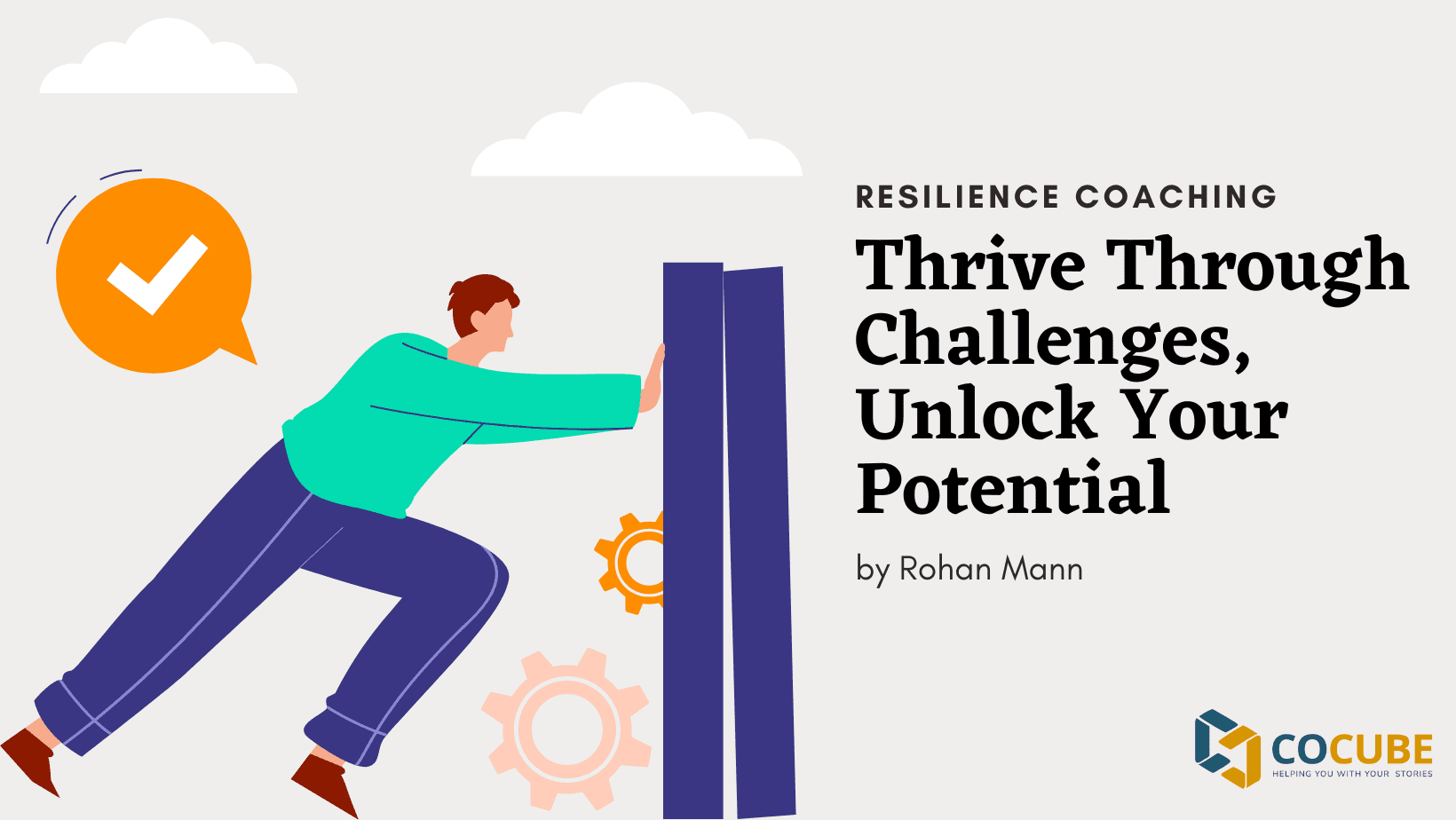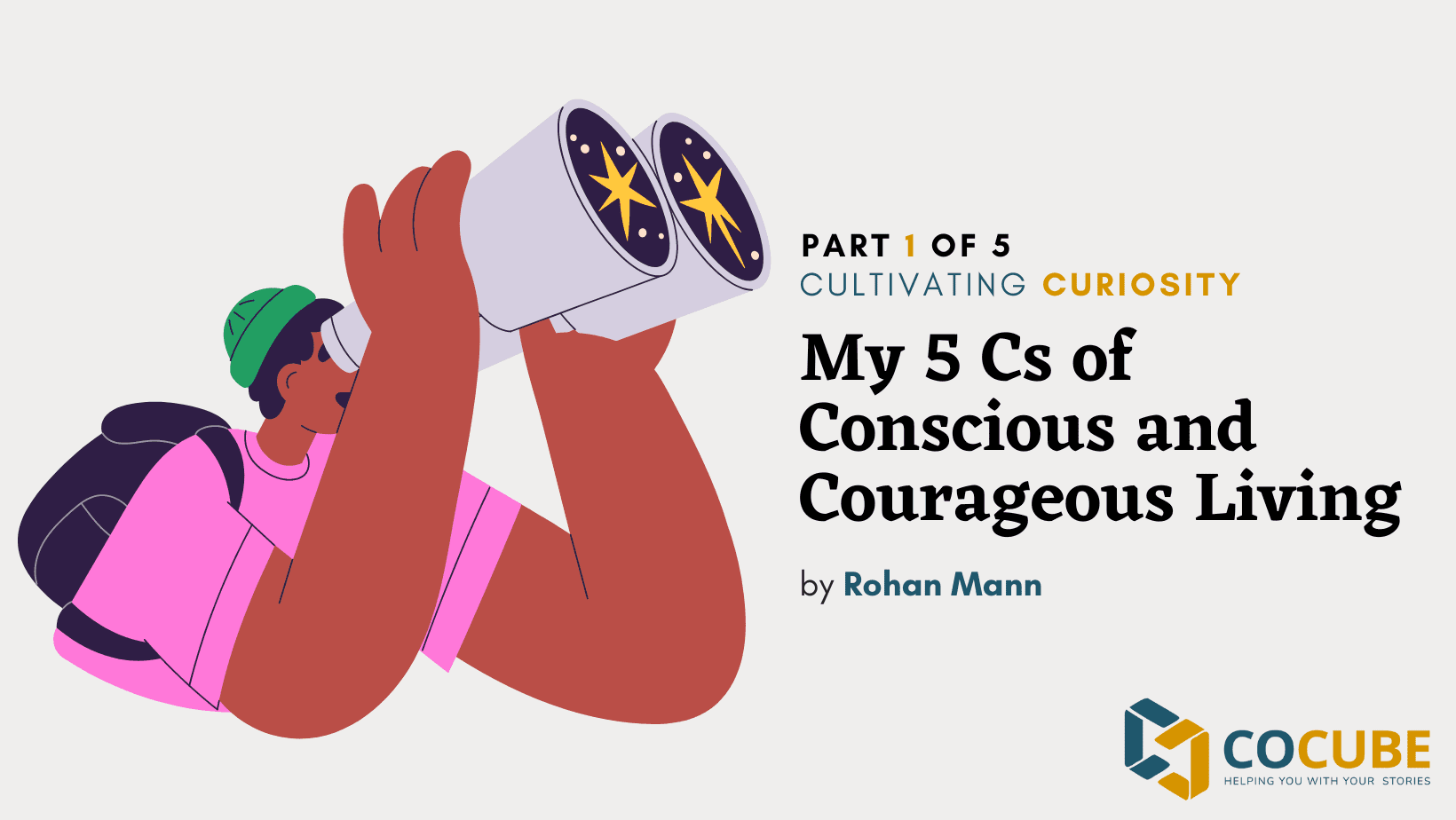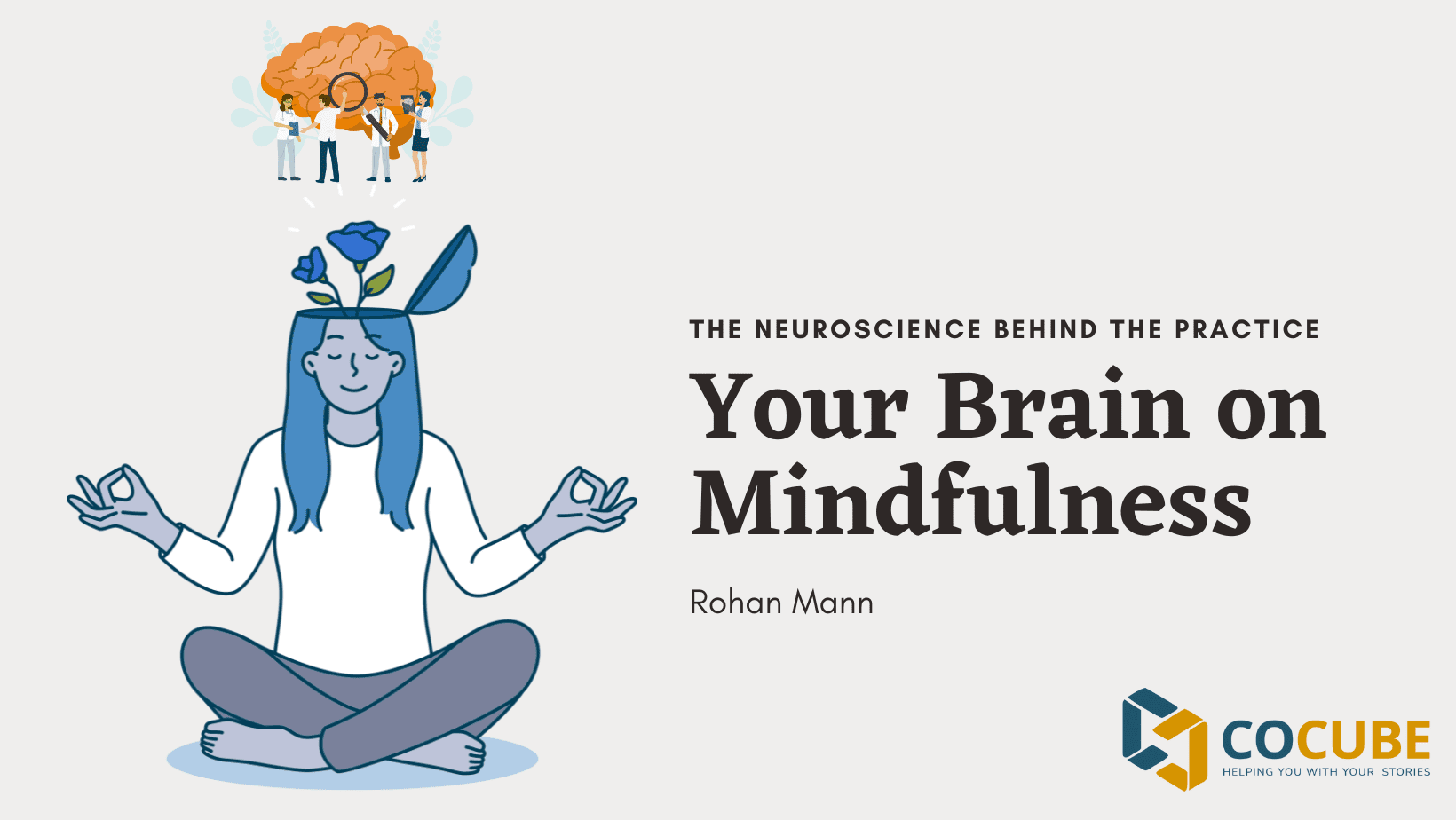


“Resilience is accepting your new reality, even if it’s less good than the one you had before. You can fight it, or you can focus on what is instead of what was.”
– Elizabeth Edwards
In today’s fast-paced and ever-changing world, resilience has become a crucial skill for navigating the complexities of life. Whether you’re facing challenges at work, dealing with personal setbacks, or simply trying to maintain balance in a hectic schedule, having a strong foundation of resilience can make all the difference.
As an ICF-accredited ACC and a certified resilience coach at CoCube, I’ve witnessed the transformative power of coaching in helping individuals develop the inner strength and resources needed to not just survive, but thrive in the face of adversity. Just like building physical muscles, cultivating resilience takes time, effort, and the right training – but the benefits extend far beyond just getting through tough times.
The Power of a Growth Mindset
At the core of resilience coaching is the concept of a growth mindset – the belief that your abilities and strengths can be developed and expanded over time through dedication and learning [1]. When you approach challenges with a growth mindset, you’re more likely to view them as opportunities for growth and self-discovery, rather than as threats to your sense of self.
Coaching can help you cultivate a growth mindset by reframing setbacks as valuable learning experiences, setting achievable goals, and celebrating progress along the way. By focusing on the process of growth and development, rather than just the end result, you build the confidence and resilience needed to tackle any obstacle that comes your way.
The Importance of Self-Care
Another essential aspect of building resilience is prioritizing self-care – taking intentional steps to support your physical, emotional, and mental well-being. When you’re running on empty, it’s difficult to find the energy and focus needed to bounce back from challenges and maintain a positive outlook.
Resilience coaching can help you develop a personalized self-care plan that fits your unique needs and lifestyle. From incorporating mindfulness practices to prioritizing sleep and exercise, small changes can have a significant impact on your ability to cope with stress and maintain a sense of balance and well-being [2].
Mindfulness: A Key to Unlocking Resilience
Mindfulness, the practice of being present and non-judgmental in the moment, is a powerful tool for building resilience. By cultivating mindfulness, you can develop greater self-awareness, emotional regulation, and adaptability in the face of stress and change. Research has shown that mindfulness-based interventions can significantly reduce stress, improve mental well-being, and enhance resilience [8]. As a resilience coach, I often incorporate mindfulness techniques, such as meditation, deep breathing, and body scans, to help clients develop a greater sense of inner calm, clarity, and focus. By integrating mindfulness into your daily life, you can build a strong foundation of resilience that allows you to navigate challenges with greater ease and grace.
The Role of Social Support
No one builds resilience in isolation – having a strong support system is essential for navigating life’s ups and downs. Studies have consistently shown that social support can buffer against the negative effects of stress and promote greater well-being and resilience [3].
Coaching can help you identify and strengthen your support network, whether it’s through improving communication with loved ones, building new connections, or learning to ask for help when you need it. By fostering a sense of belonging and connection, you create a safety net that can catch you when you stumble and cheer you on as you grow and thrive.
Resilience in Action: Real-Life Benefits
The impact of resilience coaching extends far beyond just getting through tough times – it can have a profound effect on every aspect of your life. Here are just a few of the ways that building your resilience muscle can benefit you:
- Enhanced work performance: Resilience can help you navigate workplace challenges, adapt to change, and maintain focus and productivity in the face of stress and uncertainty [4].
- Improved relationships: By developing greater self-awareness, empathy, and communication skills, you can build stronger, more fulfilling relationships with others [5].
- Better physical health: Resilience has been linked to a range of positive health outcomes, including lower rates of chronic illness, faster recovery from illness or injury, and greater overall longevity [6].
- Increased life satisfaction: By cultivating a sense of purpose, gratitude, and optimism – all key components of resilience – you can experience greater joy, fulfillment, and overall life satisfaction [7].
Your Resilience Journey Starts Here
Building resilience is a lifelong journey – and it’s one that coaching can help you navigate with greater ease and success. As a certified resilience coach, I offer personalized, evidence-based coaching to help you tap into your inner resources and develop the skills and mindset needed to thrive in the face of any challenge.
Whether your goal is to bounce back from a setback, manage stress more effectively, or simply feel more confident and in control of your life, I’m here to support you every step of the way. With a holistic approach that takes into account all areas of your life – from relationships to career to personal growth – we’ll work together to create a roadmap for building your resilience muscle and achieving your full potential.
So why wait? Invest in yourself and your well-being today by booking a free discovery call with me at CoCube. Together, we’ll unlock your inner strength and help you build the resilience needed to weather any storm and come out stronger on the other side.
“The oak fought the wind and was broken, the willow bent when it must and survived.”
– Robert Jordan
References:
- Dweck, C. S. (2006). Mindset: The new psychology of success. Random House.
- Tugade, M. M., & Fredrickson, B. L. (2007). Regulation of positive emotions: Emotion regulation strategies that promote resilience. Journal of Happiness Studies, 8(3), 311-333. https://doi.org/10.1007/s10902-006-9015-4
- Ozbay, F., Johnson, D. C., Dimoulas, E., Morgan III, C. A., Charney, D., & Southwick, S. (2007). Social support and resilience to stress: from neurobiology to clinical practice. Psychiatry (Edgmont), 4(5), 35-40. https://www.ncbi.nlm.nih.gov/pmc/articles/PMC2921311/
- Luthar, S. S., Cicchetti, D., & Becker, B. (2000). The construct of resilience: A critical evaluation and guidelines for future work. Child Development, 71(3), 543-562. https://doi.org/10.1111/1467-8624.00164
- Cacioppo, J. T., Reis, H. T., & Zautra, A. J. (2011). Social resilience: The value of social fitness with an application to the military. American Psychologist, 66(1), 43-51. https://doi.org/10.1037/a0021419
- Smith, B. W., Dalen, J., Wiggins, K., Tooley, E., Christopher, P., & Bernard, J. (2008). The brief resilience scale: Assessing the ability to bounce back. International Journal of Behavioral Medicine, 15(3), 194-200. https://doi.org/10.1080/10705500802222972
- Cohn, M. A., Fredrickson, B. L., Brown, S. L., Mikels, J. A., & Conway, A. M. (2009). Happiness unpacked: Positive emotions increase life satisfaction by building resilience. Emotion, 9(3), 361-368. https://doi.org/10.1037/a0015952
- Bajaj, B., & Pande, N. (2016). Mediating role of resilience in the impact of mindfulness on life satisfaction and affect as indices of subjective well-being. Personality and Individual Differences, 93, 63-67. https://doi.org/10.1016/j.paid.2015.09.005





